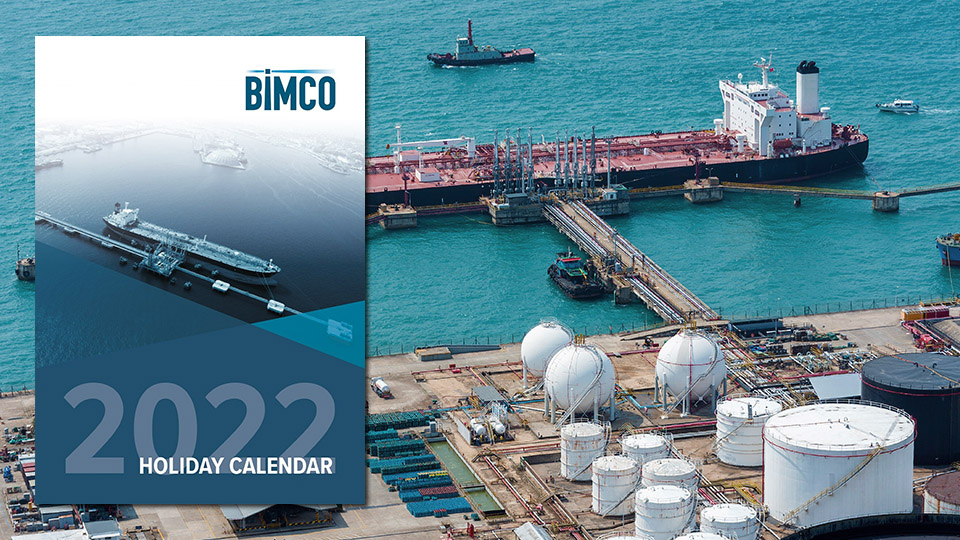Philippine immigration restrictions
According to the Philippine Ship Agents’ Association (PSAA) the current situation may be outlined as follows, following a meeting between the PSAA and the Bureau of Immigration:
- Visaed crew list requirement remain in force in line with security concerns of the recent crisis in Marawi
- List of restricted 13 nationals was provided per DFA Foreign Service Circular 22-10:
- Afghanistan
- Algeria
- Egypt
- Iran
- Iraq
- Jordan
- Lebanon
- Libya
- Pakistan
- Palestine
- Sudan
- Syria
- Yemen
- Stateless persons
- It was clarified that denying entry into the country is not only confined to the island of Mindanao which is under Martial Law, per Immigration AO JHM2017 006, above nationals will also be restricted to:
- Areas of conflict - this is where Mindanao is currently classified under being under martial law
- Areas of international assembly - example: ASEAN, these nationals are denied entry into Manila during the ASEAN
- Places where the President and or other key officials of government are present - example: during visit of the President and PM Abe of Japan, entry into Davao was not allowed
- Other areas that may be identified by the commissioner or his authorized representative
It was explained further that the AO has no time frame. Restriction will apply anytime when any of the 4 conditions is present. For the Mindanao Martial Law, this is envisaged to end on 31 December 2017.
- Two points were then raised, what will be the procedure if a vessel is:
- Ships coming from outside Philippine territory and is already steaming to Mindanao
- Already at a port in Luzon or Visayas then bound for Mindanao.
No definite procedure was given, however it can be that either vessel is requested to drift outside or if allowed, to anchor while waiting for the immigration approval.
- If a vessel has restricted nationals on board, the initial inclination per policy is to deny entry. But in consideration of not inhibiting trade immigration may consider entry, but, the agent must:
- make an appeal to the immigration office and explain the legitimate purpose of the vessel's call. One suggestion from the authorities is to request owners to prove that the nationals in question do not have any record. It was suggested that documents from other foreign parties may help, such as a letter from the embassy/embassies of the particular individuals certifying their identity etc.
- The bureau has no set implementing guidelines yet on how they will manage a vessel with restricted crew that is granted entry. It is possible that they may put additional guards and or refuse issuance of shore passes.
- Having a visaed crewlist or visa does not guarantee entry. According to the Bureau, the DFA can issue a visa, but the final approval for entry will still be up to the immigration's enforcement of policy. For example: The applicant may obtain visa but if the person arrives at the airport or seaport and displays a behavior that shows reasonable cause to deny entry, it will be immigration's decision to deny entry/deportation.
Trading restrictions (Pakistan)
Trading restrictions imposed against Pakistan
Trading restrictions imposed by Pakistan
The following is applicable according to information received from local contacts.
- Vessels flying the flag of / registered in Israel are not permitted to enter Pakistani ports. Non restricted vessels with Israeli crew and/or officers on board are permitted to enter Pakistani ports, however, such crew / officers will not be allowed ashore except in case of emergencies.
- Vessels flying the flag of / registered in the islands of Kinmen, Matsu, Penghu and Taiwan are permitted to enter Pakistani ports under the provision that such vessel do not fly their insignia whilst in port / Pakistani waters.
- Vessels flying the flag of / registered in India are permitted to enter Pakistani ports, however Indian crew arriving on vessels flying any flag are not issued shore leave passes except in case of emergency or repatriation under escort to a third country destination. Indian crew arriving from third country origins are allowed to land and board the vessel under escort
Members attention is also drawn to the following circular letter dated 29 January 2005 issued by the Director General of Ports and Shipping, Karachi.
Guidelines for chartering oil/product tankers
This Ministry has noted with serious concern the absence of specific Government guidelines for tankers calling at Pakistani Ports. As a result, this Ministry has taken due cognizance and is of the opinion that issuance of policy guidelines in the form of a circular for chartering oil tankers/product tankers, irrespective of the type of cargo carried by them. At the first stage the Ministry intends to issue following policy guidelines for crude oil and product tankers on international voyage to and from Pakistani ports, in order to prevent the entry of sub-standards tankers in our ports.
- Crude oil tanker with SBT/PL upto 25 years age;
- All product tankers with SBT/PL upto 25 years age;
- All such tankers must be classed with the classification society, which must be a member of International Association of Classification Societies (IACS);
- Tankers must comply with IMO Condition Assessment Scheme;
- Tanker charterers and oil terminals shall exercise due diligence in ensuring the quality of tankers in chartered;
- This circular shall be applicable to all crude oil and product tankers and any such tanker not complying with above guidelines, may not be permitted to enter ports or off shore installations area, anchor, any area under the jurisdiction of Pakistani ports, however, Port State Control after survey/satisfying may permit,
- The above guidelines shall come into force will effect from 5th April 2005.
- All shipping companies, charters and oil terminal operators are directed to strictly adhere to above guidelines.
See also United Nations Security Council Resolutions



